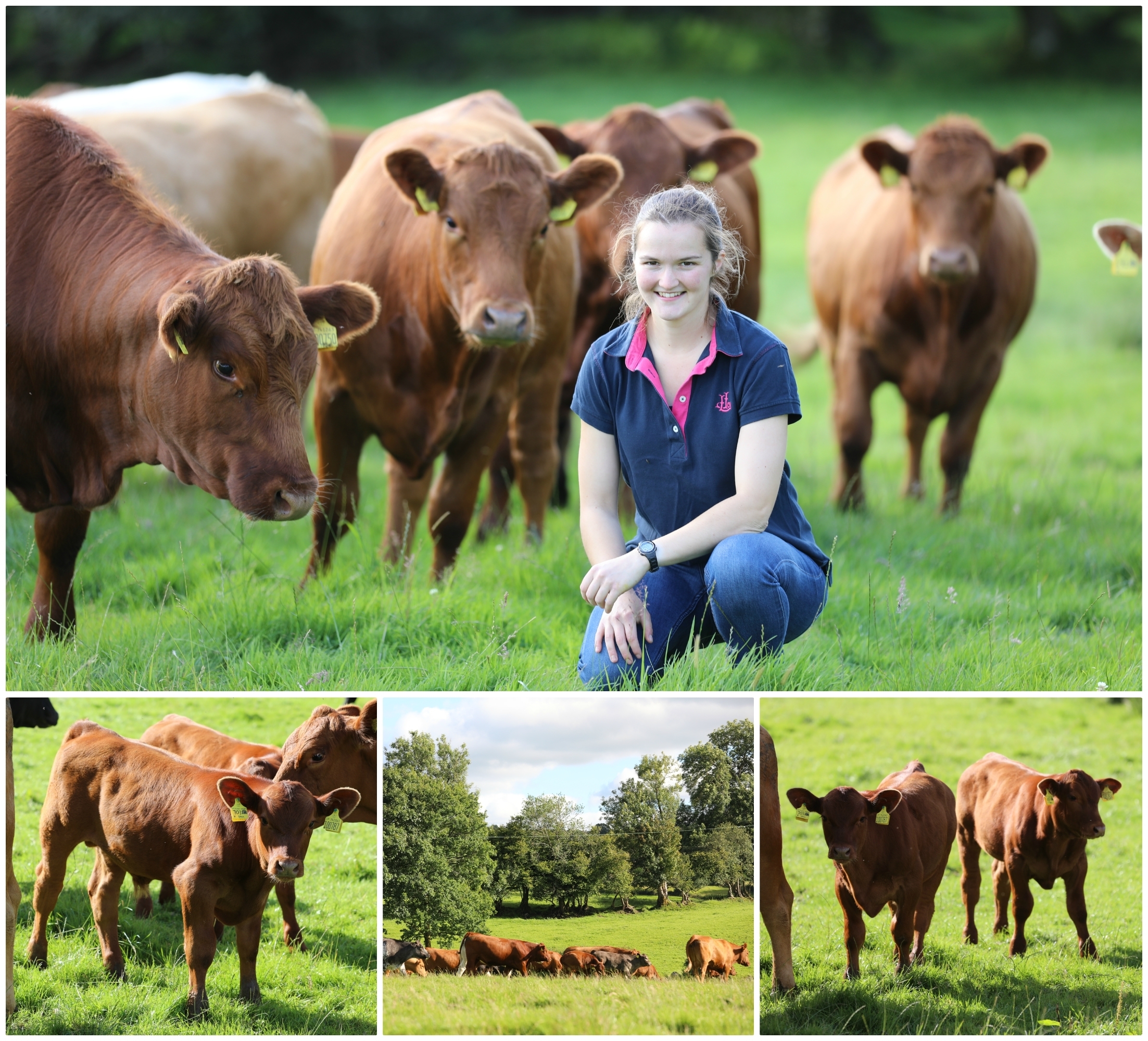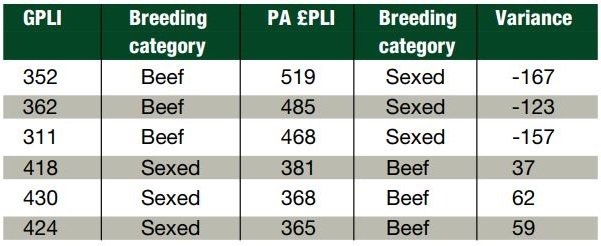Genomic testing heifers and breeding replacements from the best should be a ‘no-brainer’ considering the potential improvements in genetic gain up for grabs.
All farmers have to tag calves so why not build routine genomic testing into the same process and use the information to speed up genetic gain?

According to Cogent’s global business development manager Rudolph Linde, genotyping every female should be viewed as a ‘no-brainer’ considering the information it provides. He says: “Don’t just look at genomics as a cost, but also as an opportunity cost of not doing it.”
Genomics enable you to establish the genetic potential of a heifer from a young age, thus allowing you to make informed, accurate breeding decisions. In this way, you only breed from the best; driving genetic gain and saving time and money associated with rearing lower value animals. Better reliability and accuracy are some of the main advantages of basing decisions off a calf’s actual genetics, rather than parent average.
From Mr Linde’s experience, genomic testing often re-ranks animals; commonly flagging up animals which are better than their parent average or sometimes worse (see table 1).
For example, females originally ranked on PA £PLI, with a genetic merit high enough to be
served to sexed semen had a lower genetic merit upon genotyping, resulting in females being served to beef.
Conversely, females deemed genetic inferior on PA £PLI were, in fact, of a higher genetic merit upon receiving a more reliable, genomic evaluation and therefore were recommended to be served to sexed semen.
“Without genomics, you wouldn’t know their true value,” he says.
“It’s all about accuracy and reliability of decision-making.”

Table 1: Farm example - comparisons between parent average £PLI and genomic £PLI

Table 2: Effect of an example breeding strategy on genetic gain for kilos of milk
Genomic testing – how it works
Genomic testing enables an animal’s genetic potential to be predicted from a young age by comparing its DNA to a ‘key’ which is representative of the national bovine population for a specific breed.
- An ear tissue sample is taken from a heifer calf using a device with a tissue sampling unit tube.
- A combined testing and management eartag can be used
- For Cogent’s genomic testing service, ‘Precision DNA’, the tissue sample is sent to Cogent which will send it to Genetic Visions in the US for testing
- The DNA from the ear tissue sample is extracted and broken down into more than 70,000 pieces
- This information is sent to AHDB Dairy which formulates the genomic evaluations in the UK by comparing an individual animal’s DNA to the UK SNP chip (key).
- This takes about six weeks
- The farmer receives a genomic proof including genomic breeding indexes for the animal
How to do genomic testing
- Test all heifers; if you only test your ‘best’ heifers based on parent average you are defeating the object of genomic testing as you could miss some good animals
- Test heifers prior to breeding so breeding decisions can be made early
- Combining genomic testing with a sexed and beef strategy will increase selection pressure and speed generational gains in chosen traits (see table 2)
- Choose between a standard tissue sample genomic option
- Precision TAG and Test, which combines the option of BVD
- Plan your strategy: How will you use the information?
- Choose the traits you want to improve (for example, milk fat and fertility) based on your milk contract and business requirements and select heifers and bulls accordingly
why genomic test?
Improves reliability: Genomic testing has a reliability of 67-70% versus 30-35% for parent average
Removes guesswork: Genomic evaluations provide you with hard facts about the genetic potential an animal will convey to her offspring
Selection pressure for identified traits: Knowing the genetic merit of your heifers allows you to increase selection pressure for a specific trait
Validates parentage: Genomic testing has shown about 10-12% of recorded sires are not actually the tested animal’s sire.
For more information on our Precision DNA service contact your local Cogent Genetics Consultant or call 0800 783 7258.